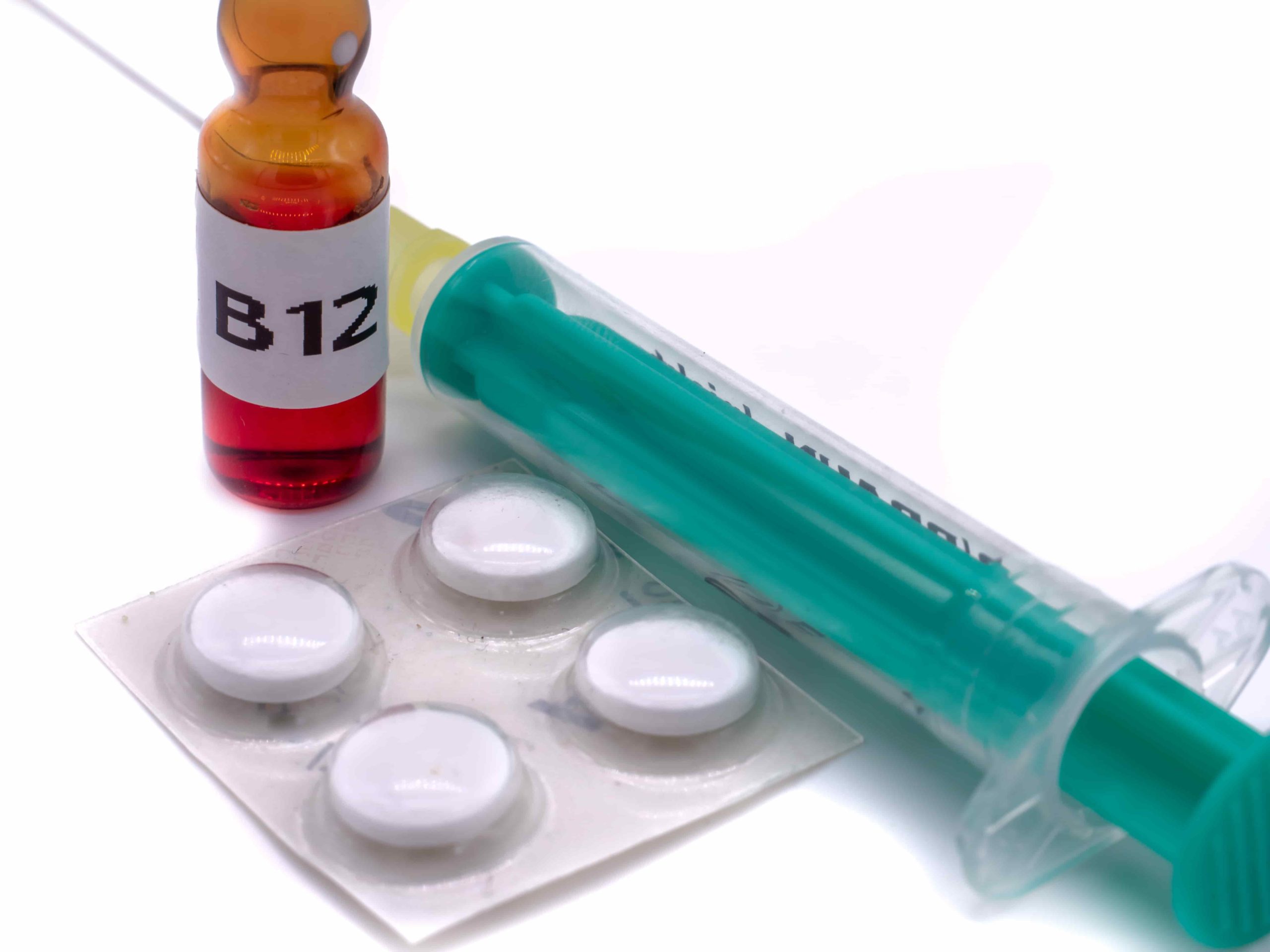As we strive to maintain our overall health and well-being, our bodies require specific vitamins and nutrients to function correctly. One of these essential vitamins is Vitamin B12. However, for some individuals, obtaining sufficient levels of this vitamin through diet alone may prove difficult. This is where Vitamin B12 shots come in. While everyone doesn’t need Vitamin B12 injections, certain groups may benefit significantly from this treatment.
In this article, we will explore who needs Vitamin B12 shots and why, delving into the functions of Vitamin B12, the benefits of injections, and the potential risks and side effects. So, let’s dive in and discover more about this crucial vitamin and its role in our overall health.
What Is Vitamin B12?
Vitamin B12, also known as cobalamin, is an essential water-soluble vitamin that plays a vital role in many bodily functions. It is required for the production of DNA, the proper functioning of the nervous system, and the formation of red blood cells. Unlike other vitamins, Vitamin B12 is not produced by the body and must be obtained through diet or supplements.
Vitamin B12 is a complex vitamin with a unique molecular structure that plants or animals cannot synthesize. As such, it is only produced by certain bacteria found in the soil or the gut of animals. This is why the primary dietary sources of Vitamin B12 are animal products, such as meat, fish, dairy, and eggs.
The body’s ability to absorb Vitamin B12 from food relies on the proper functioning of the stomach, pancreas, and small intestine. The vitamin is released from food during digestion and binds with a protein called intrinsic factor, produced in the stomach. The intrinsic factor-vitamin B12 complex is then absorbed by the small intestine and transported to the liver for storage.
Who Needs Vitamin B12 Shots?
While some individuals can obtain sufficient levels of Vitamin B12 through their diet, certain groups of people may require Vitamin B12 shots to maintain healthy levels of this essential vitamin. Here are some specific groups of individuals who may benefit from Vitamin B12 injections:
A. People at Risk of Vitamin B12 Deficiency
Individuals who are at risk of developing a Vitamin B12 deficiency include the elderly, individuals with gastrointestinal disorders, and those who have undergone weight loss surgery. Additionally, heavy drinkers, smokers, and individuals who regularly take certain medications may also be at risk of developing a deficiency.
B. Individuals with Pernicious Anemia
Pernicious anemia is an autoimmune condition that prevents the body from absorbing Vitamin B12 from food. In these cases, Vitamin B12 shots are necessary to bypass the impaired absorption and maintain optimal levels of the vitamin in the body.
C. Patients with Gastrointestinal Disorders
Certain gastrointestinal disorders, such as Crohn’s disease, celiac disease, and ulcerative colitis, can interfere with the body’s ability to absorb Vitamin B12 from food. In these cases, Vitamin B12 shots may be necessary to maintain healthy levels of the vitamin.
D. Vegans and Vegetarians
As Vitamin B12 is primarily found in animal products, individuals who follow a vegan or vegetarian diet may be at risk of developing a Vitamin B12 deficiency. While it is possible to obtain Vitamin B12 from fortified plant-based foods and supplements, some individuals may still require Vitamin B12 shots to maintain optimal levels of the vitamin in the body.
How Will You Know If You Need Vitamin B12 Shots?
Determining whether or not you require Vitamin B12 shots can be done through a combination of medical tests and consultation with a healthcare professional. The first step is identifying potential risk factors for Vitamin B12 deficiency, such as age, diet, medications, and medical history.
If you are experiencing symptoms related to Vitamin B12 deficiency, such as fatigue, weakness, tingling or numbness in the hands and feet, difficulty balancing, or pale skin, your healthcare provider may recommend a blood test to measure your Vitamin B12 levels.
If your Vitamin B12 levels are found to be low, your healthcare provider may recommend Vitamin B12 shots to help increase your levels of the vitamin. The dosage and frequency of the shots will depend on the severity of your deficiency and other factors.
How Are Vitamin B12 Shots Administered?
Vitamin B12 shots are typically administered by a healthcare professional, such as a nurse or doctor, and involve injecting the vitamin directly into the muscle. The most common location for injection is the upper arm, but other sites may also be used.
The frequency of Vitamin B12 shots will depend on individual needs and the severity of any deficiency. Sometimes, a healthcare provider may recommend weekly shots for some time, while in other cases, shots may be administered less frequently, such as once a month.
The Benefits Of Vitamin B12 Shots
Vitamin B12 shots are often recommended for individuals at risk of or diagnosed with a deficiency of this vital vitamin. However, there are also several potential benefits associated with regular Vitamin B12 shots, including:
- Improved Energy Levels: Vitamin B12 is key in producing red blood cells that carry oxygen throughout the body. Low levels of Vitamin B12 can lead to anemia, which can cause fatigue, weakness, and difficulty concentrating. Regular Vitamin B12 shots can help improve energy levels and reduce symptoms of fatigue.
- Reduced Risk of Heart Disease: Studies have suggested that low Vitamin B12 may be associated with an increased risk of heart disease. Vitamin B12 helps reduce levels of homocysteine, an amino acid linked to cardiovascular disease.
- Improved Brain Function: Vitamin B12 is essential for maintaining healthy brain function, including memory and cognition. Low Vitamin B12 has been associated with cognitive decline and an increased risk of dementia. Regular Vitamin B12 shots help to improve brain function and reduce the risk of cognitive decline.
- Prevention of Osteoporosis: Vitamin B12 is important for maintaining healthy bones, as it helps regulate the production of osteoblasts, the cells responsible for building new bone tissue. Low Vitamin B12 has been associated with an increased risk of osteoporosis, particularly in older adults. Regular Vitamin B12 shots may help to prevent bone loss and reduce the risk of osteoporosis.
Takeaway
Suppose you are interested in exploring the potential benefits of Vitamin B12 shots. In that case, we encourage you to speak with a healthcare professional like the experienced team at Opal Aesthetics & Wellness. Our skilled practitioners can help determine if Vitamin B12 shots are right for you and provide guidance on administration and frequency. Contact us today!



